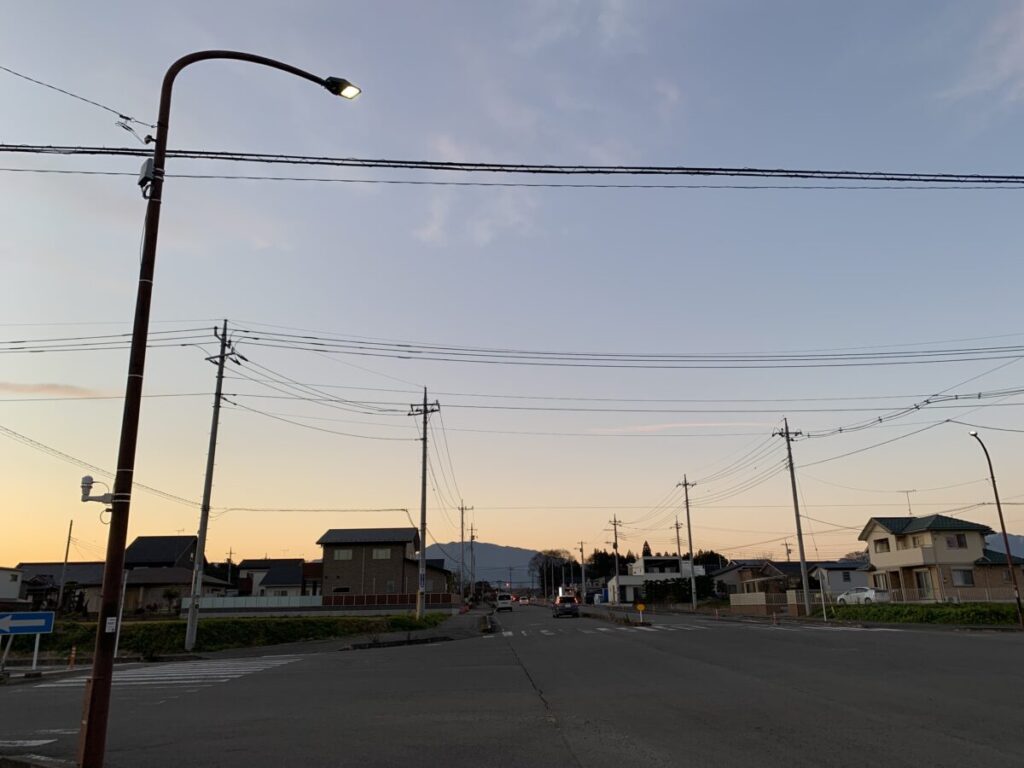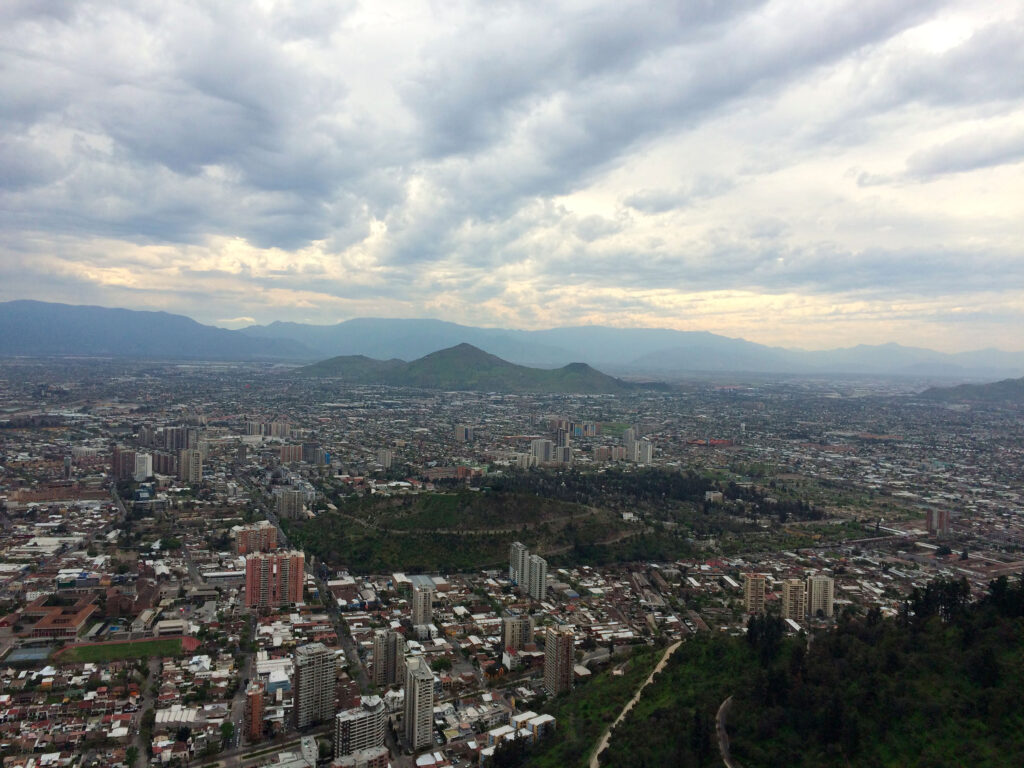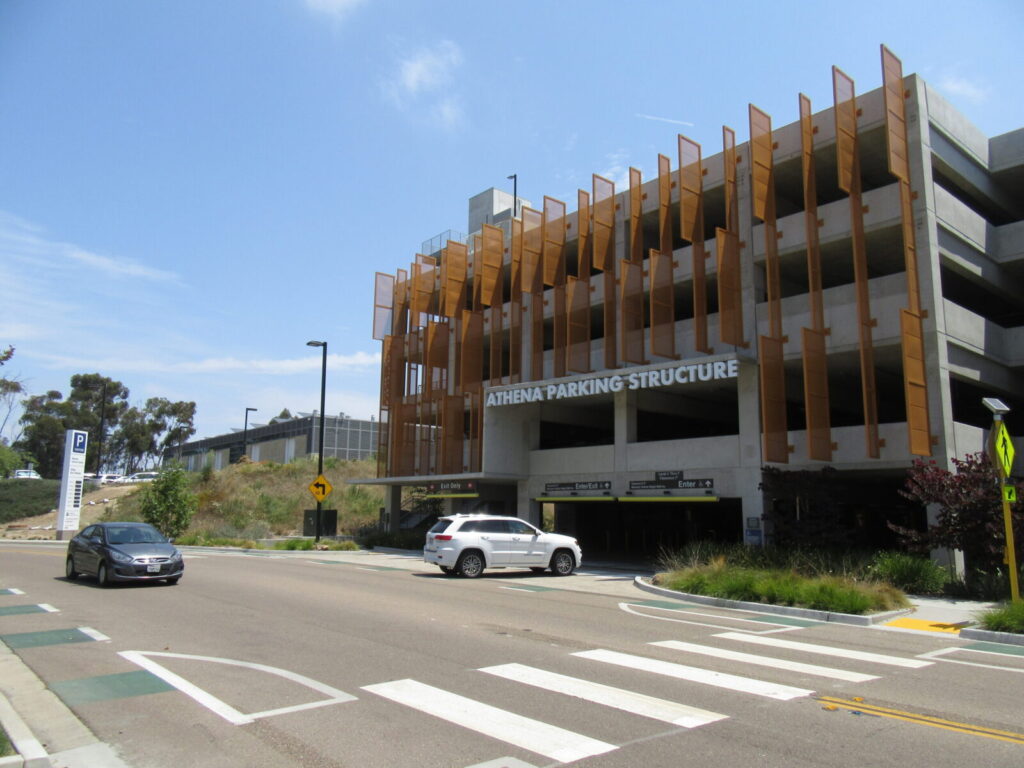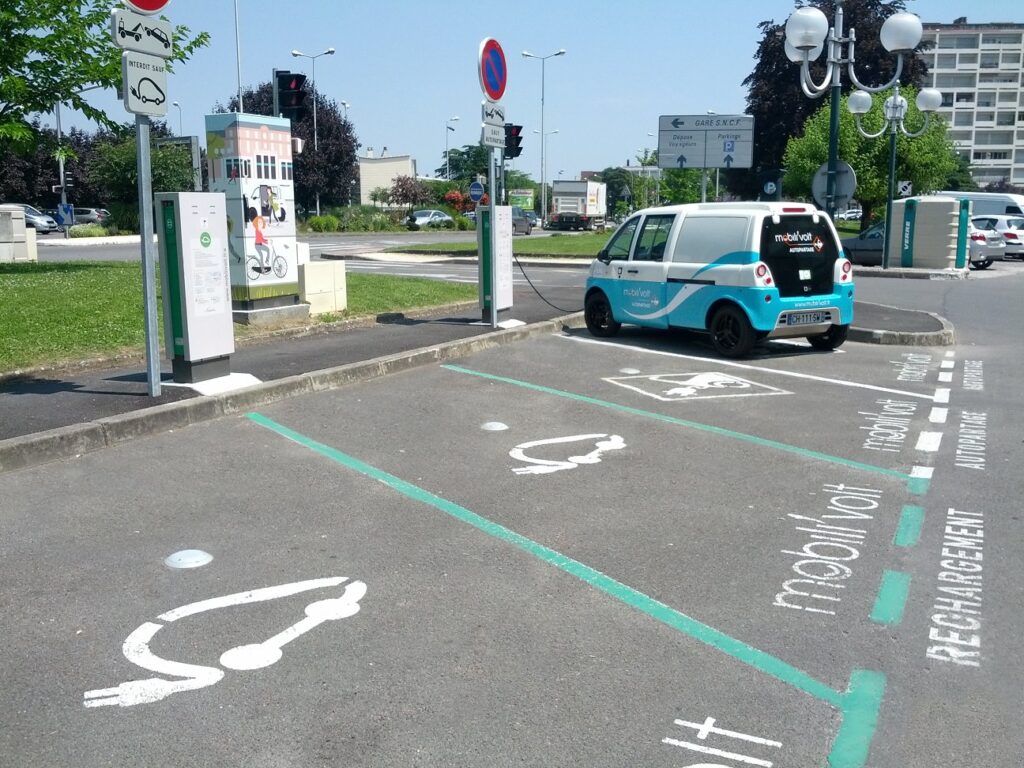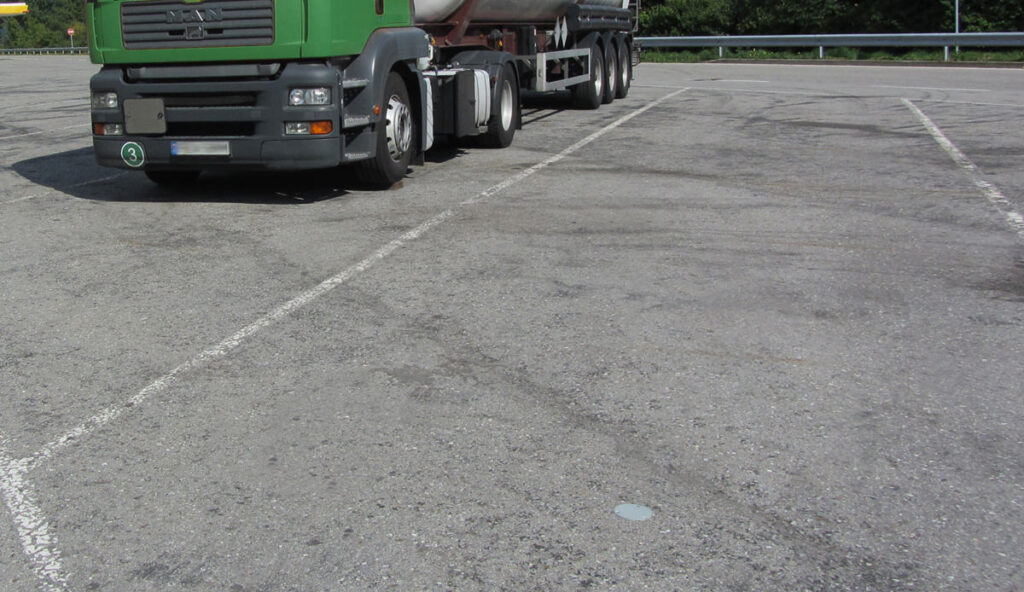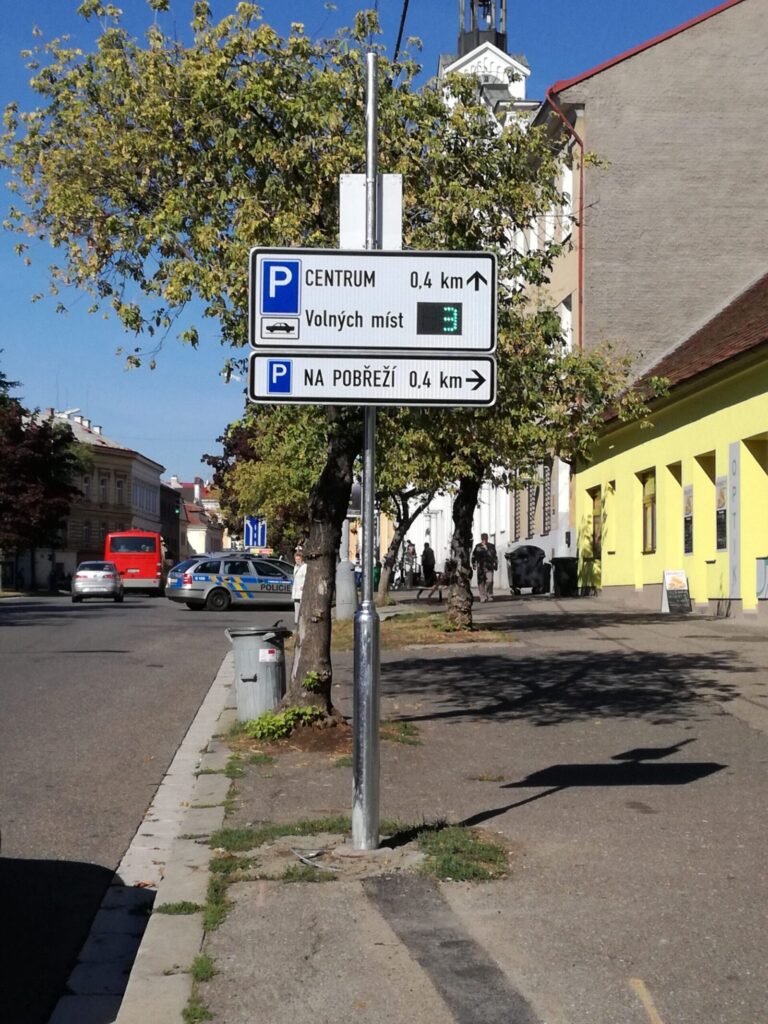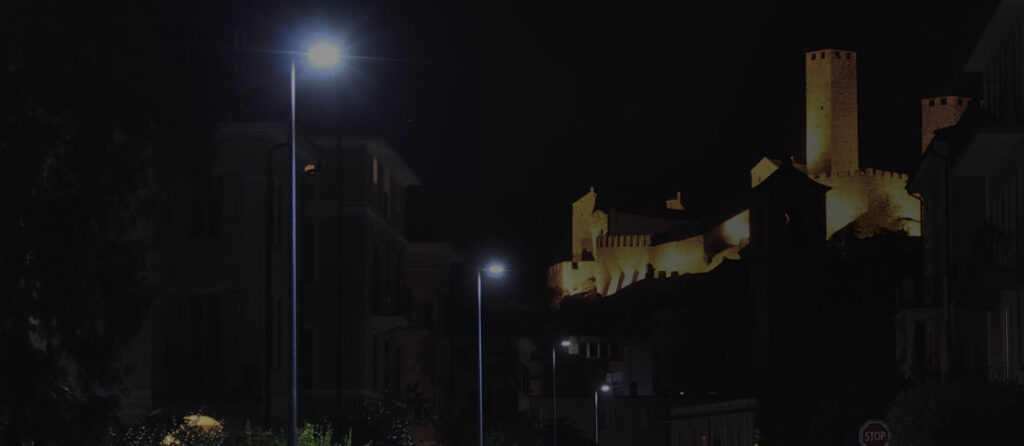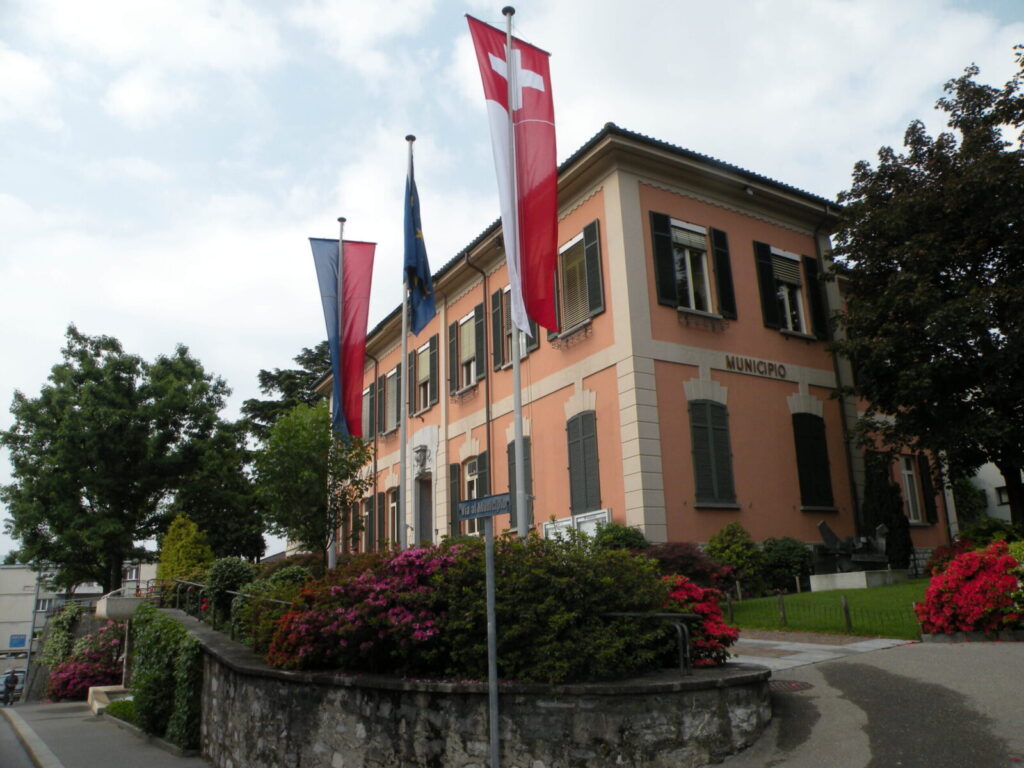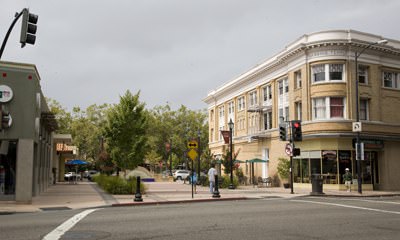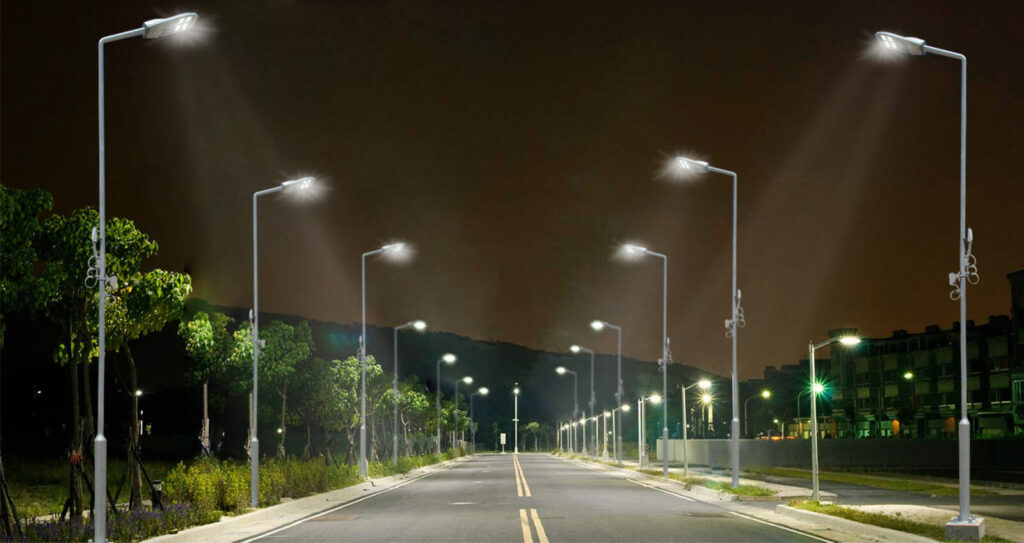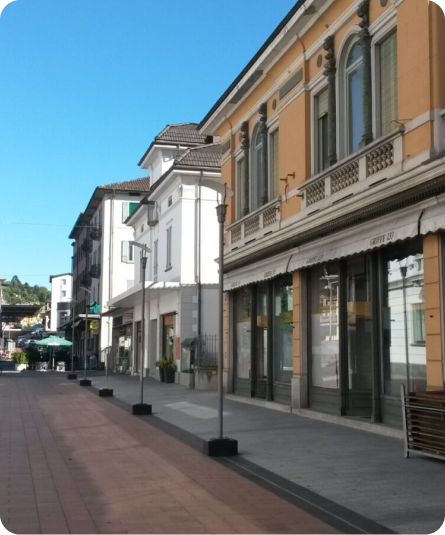With about 280 thousand inhabitants, Gijon is the largest municipality in the autonomous community of Asturias in Spain. The City is playing a major part in trying to accelerate the shift towards more open and interoperable smart communities.
The smart city journey started in 2016 with the modernization of just over 1,000 streetlights in the city centre and the switch to LED-based devices. Gijón moved further and decided to turn the existing infrastructure into a truly smart network to better control energy consumption and increase lighting efficiency. As the basis for this, it put in place Paradox Engineering’s Smart Urban Network, which is built on the open standard 6LoWPAN, enabling the city to manage all its applications over one single network.
The whole massive project to digitalise the streetlight infrastructure started in January 2022, with the installation of over 40,000 Smart Lighting Nodes, over 6,000 motion sensors, 135 municipal buildings for Energy Management, 100 homes and 200 shops for Smart Environmental Awareness, and 16 air quality control stations. Further applications and devices will be added to the network in the coming months and years.
The City’s smart vision goes beyond its own operations though. Central to the Gijon-IN (Innovative, Intelligent and Integrated City) program is the ability to connect IoT devices for a range of applications that could not only provide valuable information to the city authorities, but also to the wider community of developers, innovators, academia and other third parties through an open data platform.
Gijon City Council recognized the importance of working collaboratively to achieve this and brought together relevant players from the public and private sectors, universities and research centers to share knowledge and expertise and contribute to the program. It also created a Smart Cities Chair together with the University of Oviedo, a laboratory that has replicated the city’s IoT infrastructure, and established the DemoLAB, a space for the design, development and implementation of private initiatives for new products and services.
A major challenge to creating a completely open and flexible smart city network is that IoT standards do not currently specify a data model for smart city and utility use cases, which can prevent Cities taking a multi-supplier approach when it comes to adding new applications and devices to the network. Hence, Gijon joined the uCIFI Alliance to help define a common Smart City data model that can be used by IoT device makers.
The uCIFI Alliance and the Gijon City Council are working jointly to assist IoT device manufacturers with uCIFI interoperability checks on their devices in the Gijon DemoLAB space. Each manufacturer is invited to join the alliance, implement the uCIFI LwM2M-based data model (already available to uCIFI members) and contribute to the uCIFI 6LoWPAN-compatible wireless network mesh stack, before proposing their uCIFI-compliant products to further Gijon’s tender process.
“The benefit of a data model for us will be the ability to launch new services quickly and create new application functionalities without expensive API integration or the need to move data from third-party platforms,” says Jose Antonio Rodríguez Cortés, IoT project manager. “It’s important to enable us to scale and keep pace with new ideas and requirements for visitor services. It’s fundamental to help us realize the new concept of the model of Gijon.”

